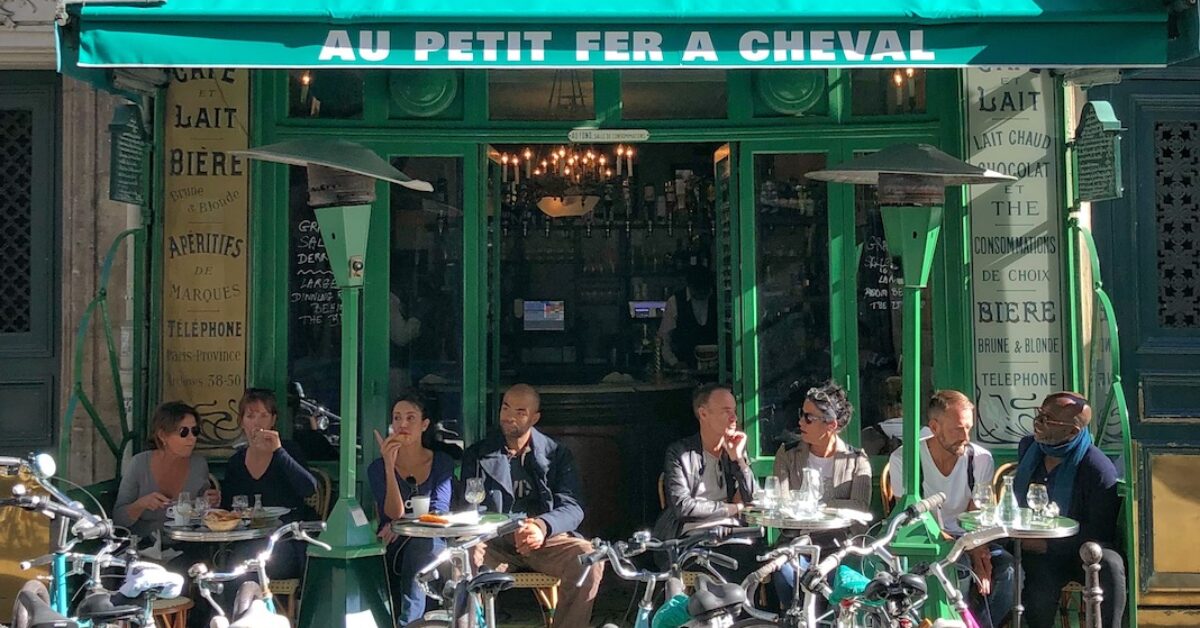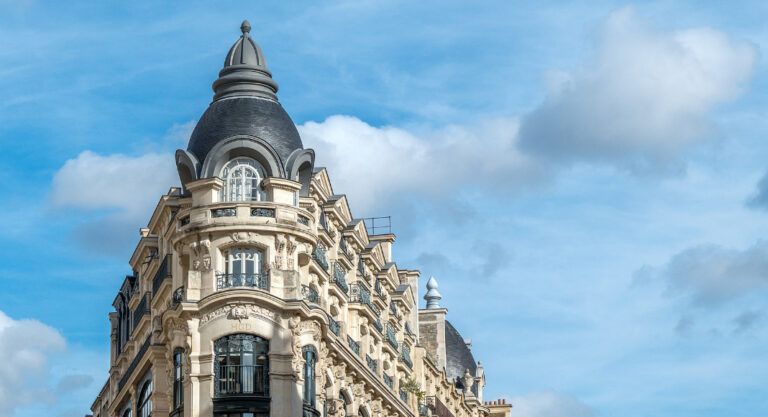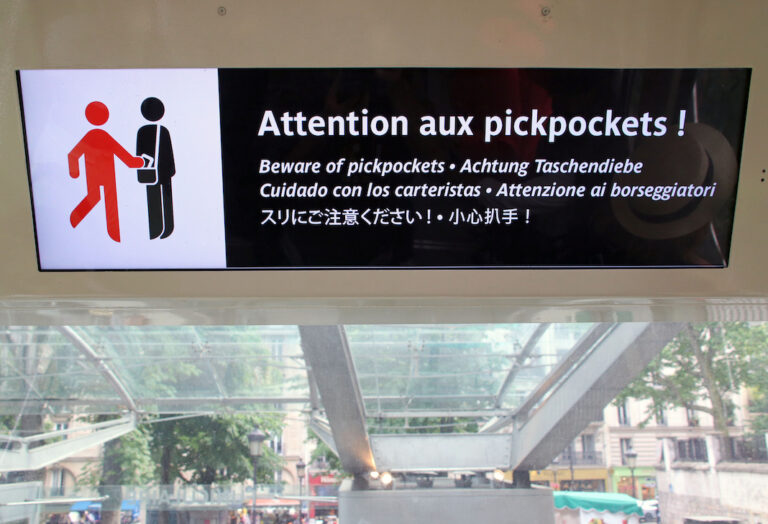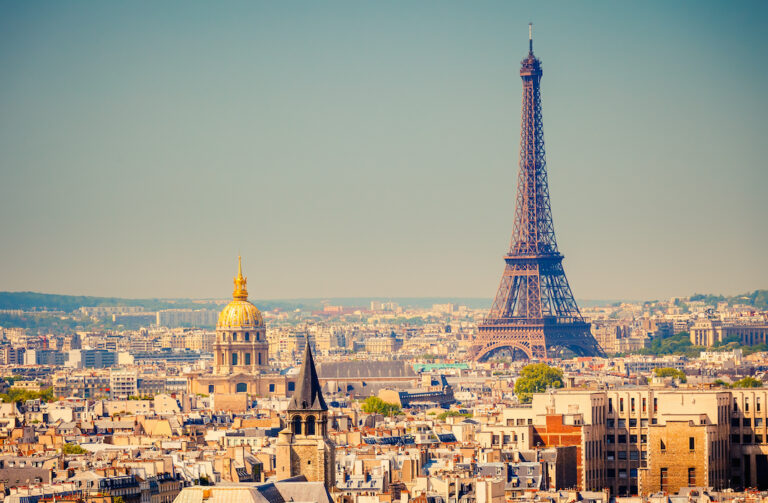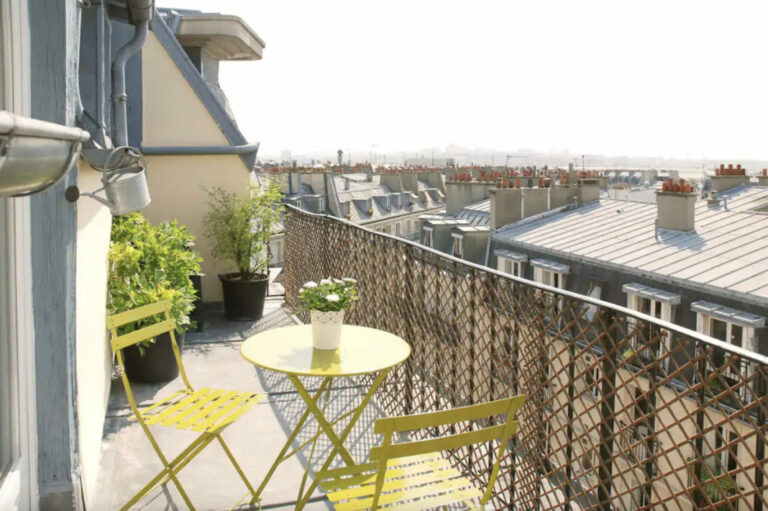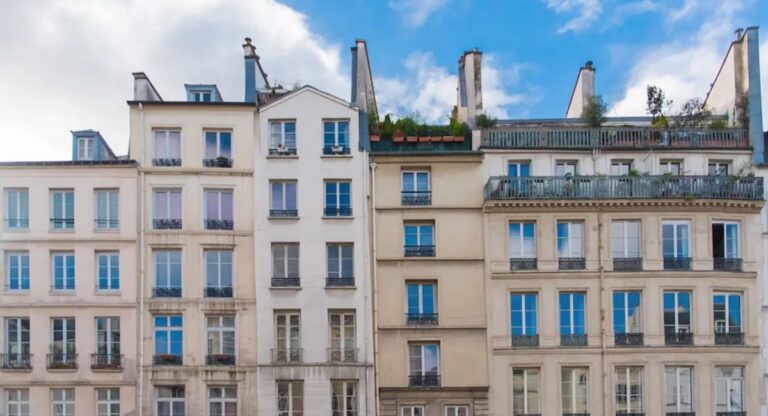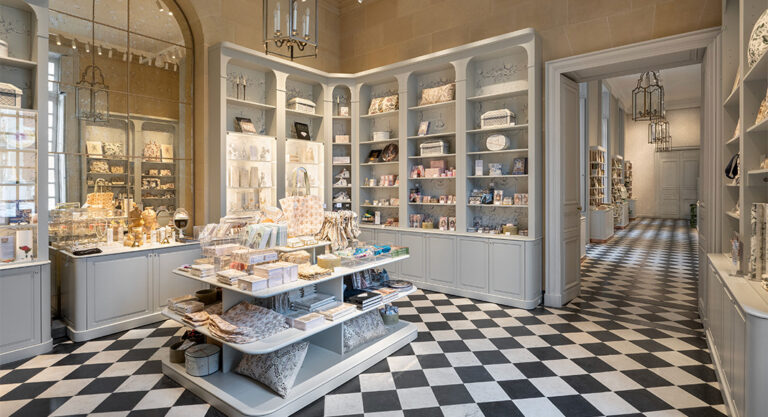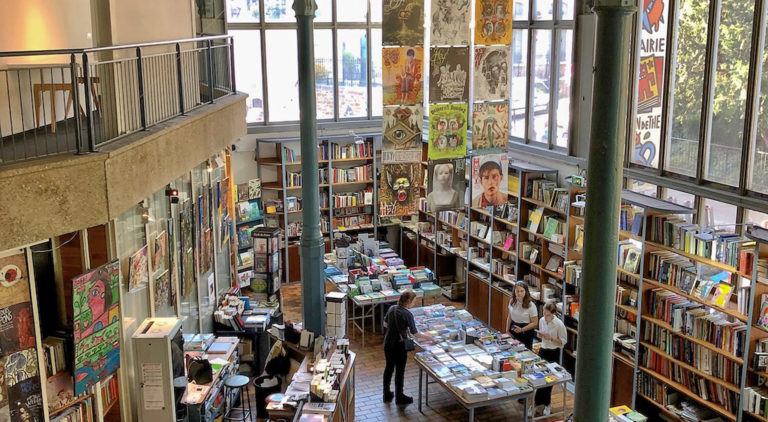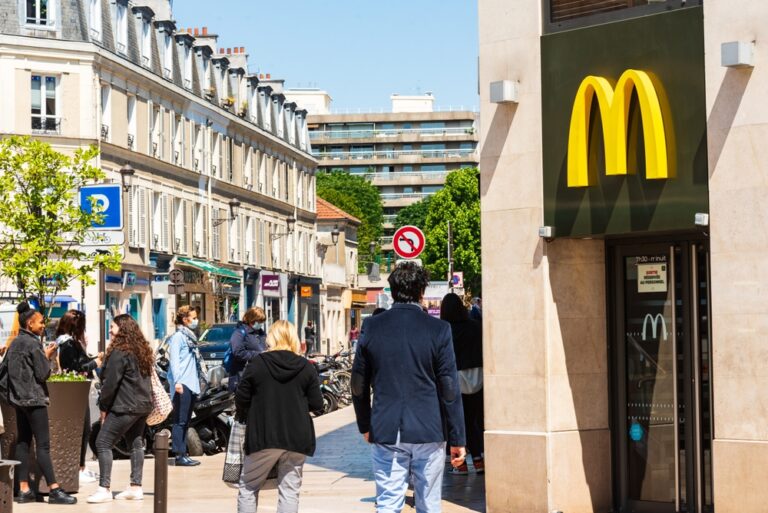Parisians often get a bad rap among tourists as snobby and impatient. Although these stereotypes don’t apply to everyone, they do weave into the common thread uniting many millennial-aged Parisians.
Despite their differences, these Parisians share the following characteristic: a vision of Paris as the cultural capital of France and Parisians as national trend-setters. By placing la capitale on a pedestal, they become quickly disgruntled when it fails to meet their lofty expectations so frequently critique its minor flaws.
Aware of the city’s reputation as a fashion hub, Parisians hustle to stay on top of the cultural trends du jour. “The fact that I am interested in fashion, particularly fashion week, makes me feel Parisian,” says Kelly, a 21-year old Parisienne who’s spent her whole life in Paris minus a semester in London. Parisians flaunt their stylistic savoir faire. “The stereotypical Parisian cares about fashion and wears popular brands,” says Gordon, a 27-year-old from Lagnes who’s lived in Paris for the past eight years.
https://www.instagram.com/p/B8wYzYDFd54/
This tendency to follow and adopt cultural trends extends from fashion to museum exhibits to the culinary scene. “No one in a French city outside Paris would wait in line for brunch at a newly opened restaurant. It’s crazy. But here, it’s normal. It’s typically Parisian,” says Jasmine, a 24-year-old who moved from Nantes to Paris four years ago.
And, according to Kelly, whatever the latest fad, Parisians adapt to it. “One day, we’re wearing leggings and sneakers and the next, a dress and high heels. We’re able to change. That’s our strength,” she says.
Since millennial-aged Parisians view themselves as creators of modern culture, they judge and distinguish themselves from supposedly dépassé outsiders. For instance, they think they know pop culture trends before les provincials, the term for anyone living outside Paname. “My cousins from Lyon told me about their newest favorite band, but I’d already gone to the band’s concert a year earlier,” explains Joséphine, a 26-year-old 9th arrondissement native.
Individuals born outside of Paris detect how Parisians judge them. “Parisians think that people who come from the suburbs are beaufs without running water,” says Jasmine. A beauf refers to a caricature of a closed-minded French person who dumbly follows the status quo but does not set it.
Just as they identify individuals from other regions, the Parisians interviewed say they can recognize each other. “When speaking with another Parisian, you make the connection, such as having gone to the same trendy club as teenagers,” says Joséphine. This identification also works in reverse, making those who don’t pick up on cultural references distinctly aware of their outsiderness. “Since I don’t know the same pop culture references or slang words as those who grew up in Paris, I feel like a stranger,” says Luc, a 26 year-old who left Paris at age 12 and moved back a year ago.
https://www.instagram.com/p/B9byS72jHCg/
Not only do Parisians distinguish themselves from those living in other regions, they place the city itself on a pedestal towering over other French cities. “France is shaped like a star with Paris at its center,” explains Joséphine, “certain attractions, such as Sézane, simply don’t exist in other areas of France. Those regions are less culturally rich.”
These areas aren’t necessarily loin from Paris. “We even think the Parisian suburbs are too far and that there’s nothing to do there. We view other areas in France as lost corners of the world,” says Kelly. By adopting a blind love of Paris, native Parisians overlook the value of other regions in France.“The stereotypical Parisian doesn’t even know where to find other parts of France on a map,” jokes Gordon.
Even the Parisians born outside of Paris — whom Gordon refers to as “parisiens d’adoption” — expect more of Paris than of other French cities. Plus, since, as all interviewees noted, Parisians are often “stressed” and “rushed,” they quickly lose patience with the city’s inefficiencies. “When you live in a large city, everything’s supposed to be easy. So, if your Uber was planned to take two minutes but it arrives after five, that drives you crazy,” Joséphine explains.
This standard of efficiency isn’t limited to transportation. “In grocery stores, you have to bag your items quickly or else people waiting in line will complain,” notes Jasmine. Since living in Paris, she’s now adopted this expectation. “Whereas in Nantes I was used to waiting 18 minutes for a bus to come, now I find myself complaining when I have to wait five minutes for the metro. Since moving to Paris, I’ve become less patient,” she says.
Being Parisian doesn’t mean being born in Paris; it’s adapting to the city’s constantly-evolving cultural customs. “You become Parisian when your behavior changes without you even trying,” says Jasmine.
The 78 percent of Parisians who were born outside of Paris and adopted the city as their own would likely agree.

